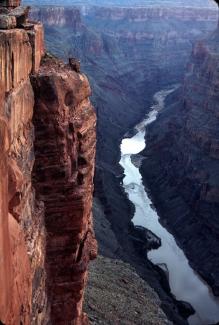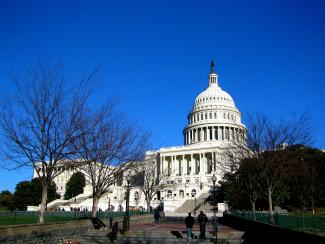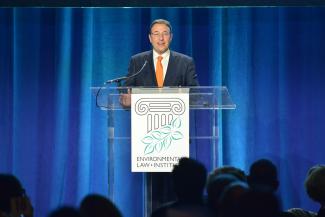Ninth Circuit Reinforces Executive Power to Withdraw Public Lands From Mining Extraction

Following President Trump’s announcement that he was reducing the size of the Bears Ears and Grand Staircase-Escalante National Monuments, there have been questions as to the extent of the executive branch’s power to manage federal lands. The announcement has put the Antiquities Act, which grants the president the authority to protect federal lands, under a microscope. Recently, two cases concerning the U.S.








